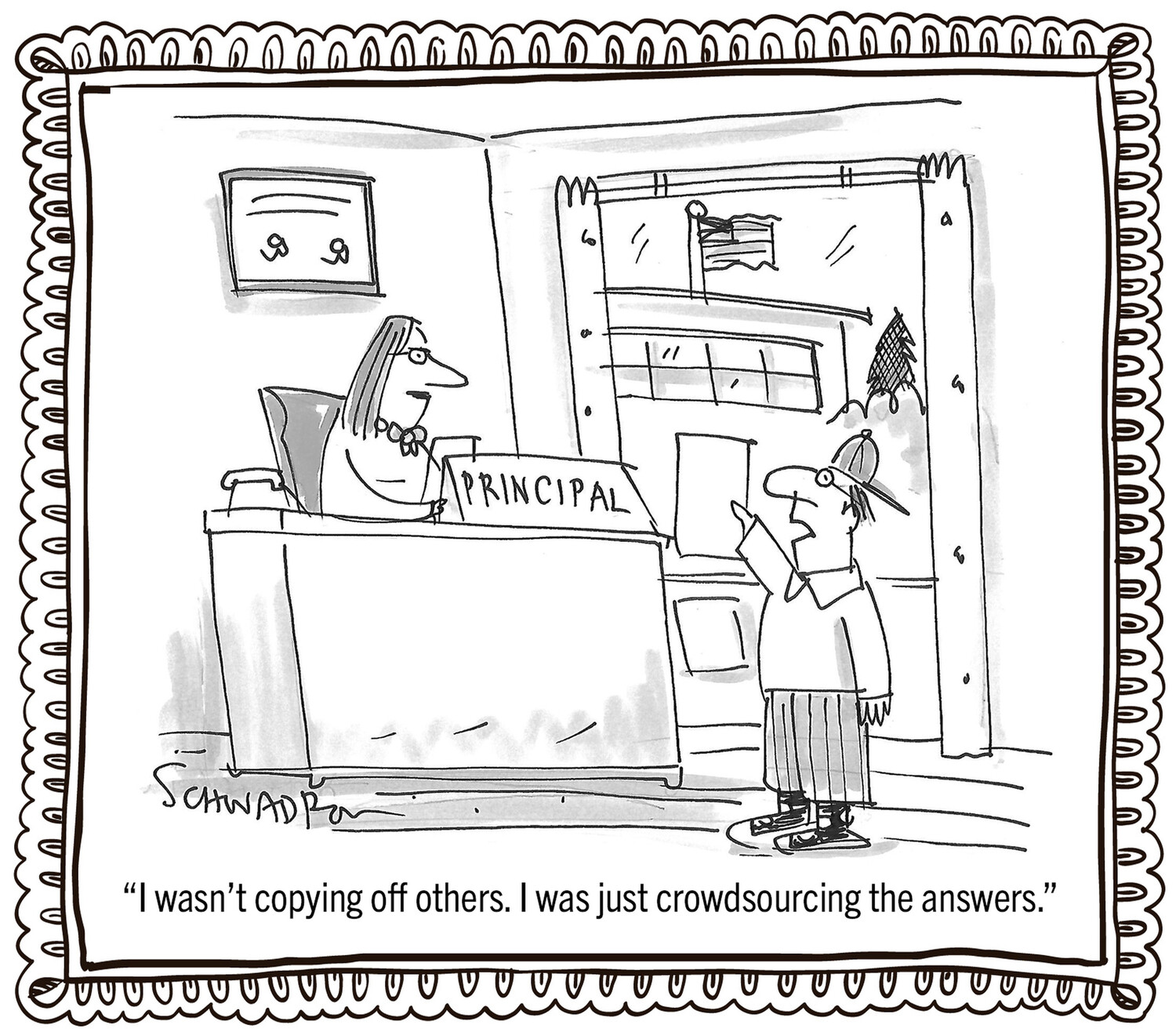Teacher credibility serves as a keystone factor in any classroom. It’s when our students believe in their hearts that we’re good at our jobs, that we know what we’re doing, that we’re capable of helping them, and that we genuinely care about them.
But establishing a high level of rapport with our students is not an easy task, and we are bound to make mistakes along the way. It does require a lot of time, effort, and energy, but cultivating teacher credibility in our classrooms is worth it.
So, where do we begin?
We can start by focusing on these three simple practices: Care, Competence, and Passion (CCP).
Care: We want our students to know that we value, know, and respect them—both as individuals and as learners.
Competence: We work steadily toward mastery of our content as well as the basic skills all teachers must have: clarity, classroom stewardship, feedback, and emotional constancy.
Passion: We teach with a sense of urgency because we value every minute we get with our precious students.
In order to better understand CCP, let’s explore 10 non-examples—a useful tactic in any classroom for helping learners gain a fuller picture of a concept.
10 Ways to Undermine Our Teacher Credibility
1. Don't trust students. If we don’t trust our students, they most likely will not trust us. (This undermines Care.)
2. Manage our classrooms unfairly. When we allow the “sweet and innocent” kids to misbehave once in a while but don’t give the “rowdy” ones—the kids that really know how to push our buttons—an inch, it won’t take long for students to recognize our inconsistencies. (This undermines Competence and Care.)
3. Have no plan for the first and last minutes of class. Allowing kids to take too much time to get settled or unwind communicates to students that we don’t prioritize valuable class time. (This undermines Passion.)
4. Accept that in-class debates or discussions can get loud and obnoxious and rude sometimes, and there's nothing we can do about it. When we don't manage discussions well and avoid teaching through the hard parts, it gives learners the impression that we have lost control of our classrooms. (This undermines Competence.)
5. Filibuster. Killing class time with life stories or tangential conversations gives students the impression that what we’re doing in class is not important. (This undermines Passion.)
6. Be nice to your students when they are around, but speak ill of them after class. Our students, as perceptive image-bearers, can tell when we don't like them. And more importantly, negative talk at any time fragments our integrity and weakens our ability to love. (This undermines Care.)
7. Never share anything. While #5 is the classic over-sharing problem, if we don't share anything about ourselves with our students, we make ourselves unrelatable. (This undermines Care.)
8. Pay no mind to our distracting speaking tics. Most of us have them—I sure do. Too many “Ums” and “Ers” and “Ya knows” can become distractions for our students. (This can undermine Competence.)
9. Don't commit to hard-and-fast unit end dates. When we don’t share assessment dates or assignment deadlines (or we fail to commit to any type of schedule), our students may feel unsure of our commitment and the overall plan. (This can undermine Competence and Passion.)
10. When students fail, don't reflect on how we could have done things differently. Even if 99% of a student's failure seems to be his fault or his choice, we can still choose to evaluate how we could have impacted the 1%. Placing all responsibility for students’ failures on the student isn’t fair nor does it allow us to grow as teachers. (This undermines Care.)
Dave Stuart Jr. is a husband and dad who teaches high school students in a small town. He writes about teaching students toward long-term flourishing at DaveStuartJr.com.
